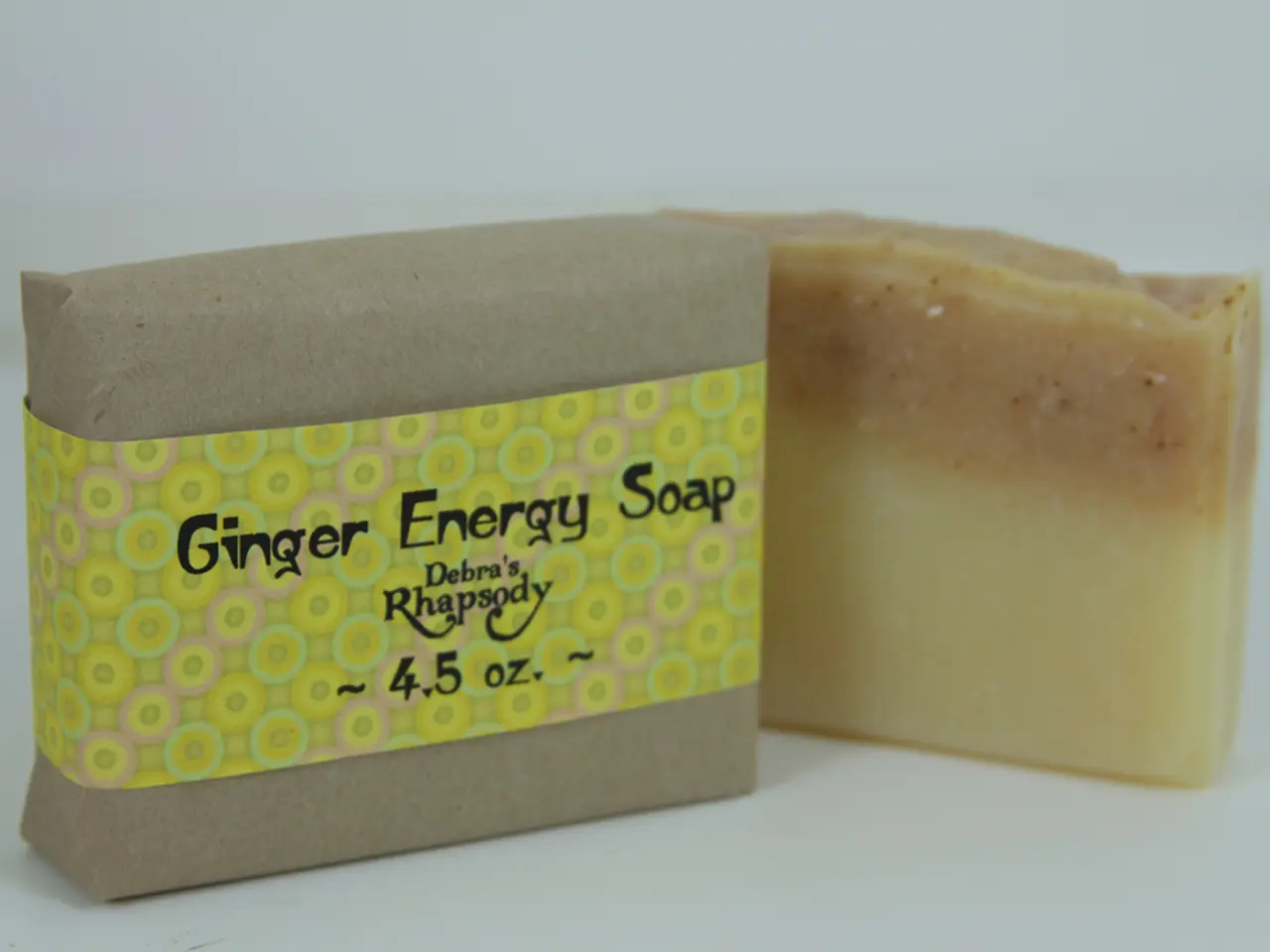Exploring olive oil as a sexual lubricant: Is it a safe choice?
In the realm of sexual health, it's essential to make informed choices about the products we use. One such decision that requires careful consideration is the choice of lubricant. While olive oil may seem like a natural and readily available option, it is not recommended for use as a sexual lubricant for several important reasons.
Vaginal dryness, a common issue during perimenopause or menopause, can lead to discomfort during sexual intercourse. However, using olive oil as a lubricant can pose significant risks, particularly when used with latex condoms. Olive oil, being oil-based, can degrade latex condoms, causing them to weaken and break more easily. This significantly increases the risk of unintended pregnancy and sexually transmitted infections (STIs).
Beyond the issue of condom safety, olive oil may also cause irritation, allergic reactions, or disruption of the natural skin barrier due to its sensitivity. It is not formulated or tested specifically for internal use, unlike medical-grade lubricants. Furthermore, some commercial olive oils may contain traces of harmful contaminants like phthalates, which have been linked to adverse reproductive and neurological effects. Applying such oils inside the body could carry unknown risks.
Thankfully, there are safer alternatives available. Water-based or silicone-based lubricants are preferable choices as they do not degrade condoms and are designed to be body-safe and hypoallergenic. Vaginal moisturizers and lubricants specifically formulated for sexual use are recommended to avoid discomfort or health risks.
When choosing a water-based lubricant, it's crucial to check the ingredients for potential allergens. Silicone-based lubricants, while long-lasting, can be difficult to wash out of fabric and may take time to expel from the vagina and anus, increasing the risk of infection if bacteria become trapped.
It's also important to avoid using natural products with high water content, such as aloe vera gel, as sexual lubricants, as they can be ineffective. Other products to steer clear of include petroleum jelly (Vaseline), cooking oil, coconut oil, baby oil, dairy butter and shortening, face creams, and body lotions.
In conclusion, while olive oil may have benefits for overall health in other contexts, it is not safe to use as a sexual lubricant—especially with latex condoms—and may cause irritation or increase health risks. Opting for products specifically designed and tested for use as sexual lubricants is the safer and more responsible choice to protect sexual health and safety.
- Despite its benefits for overall health, olive oil is not a suitable choice for use as a sexual lubricant due to its oil-based nature and potential risks.
- Vaginal dryness is a common issue during perimenopause or menopause, but using olive oil as a lubricant can lead to discomfort, irritation, allergies, or even degradation of latex condoms.
- Water-based or silicone-based lubricants are safer and more effective for internal use as they are designed to be body-safe, hypoallergenic, and do not degrade condoms.
- It's crucial to be aware of potential allergens in water-based lubricants and to consider the difficulty in washing out silicone-based lubricants from fabrics and removing them from the vagina and anus.
- Natural products with high water content, such as aloe vera gel, are not recommended as sexual lubricants due to their ineffectiveness.
- Other products to avoid include petroleum jelly (Vaseline), cooking oil, coconut oil, baby oil, dairy butter and shortening, face creams, and body lotions.
- Making informed choices about the products used in the realm of health-and-wellness, education-and-self-development, and personal-growth, including sexual health, is essential to protect one's health and safety.




